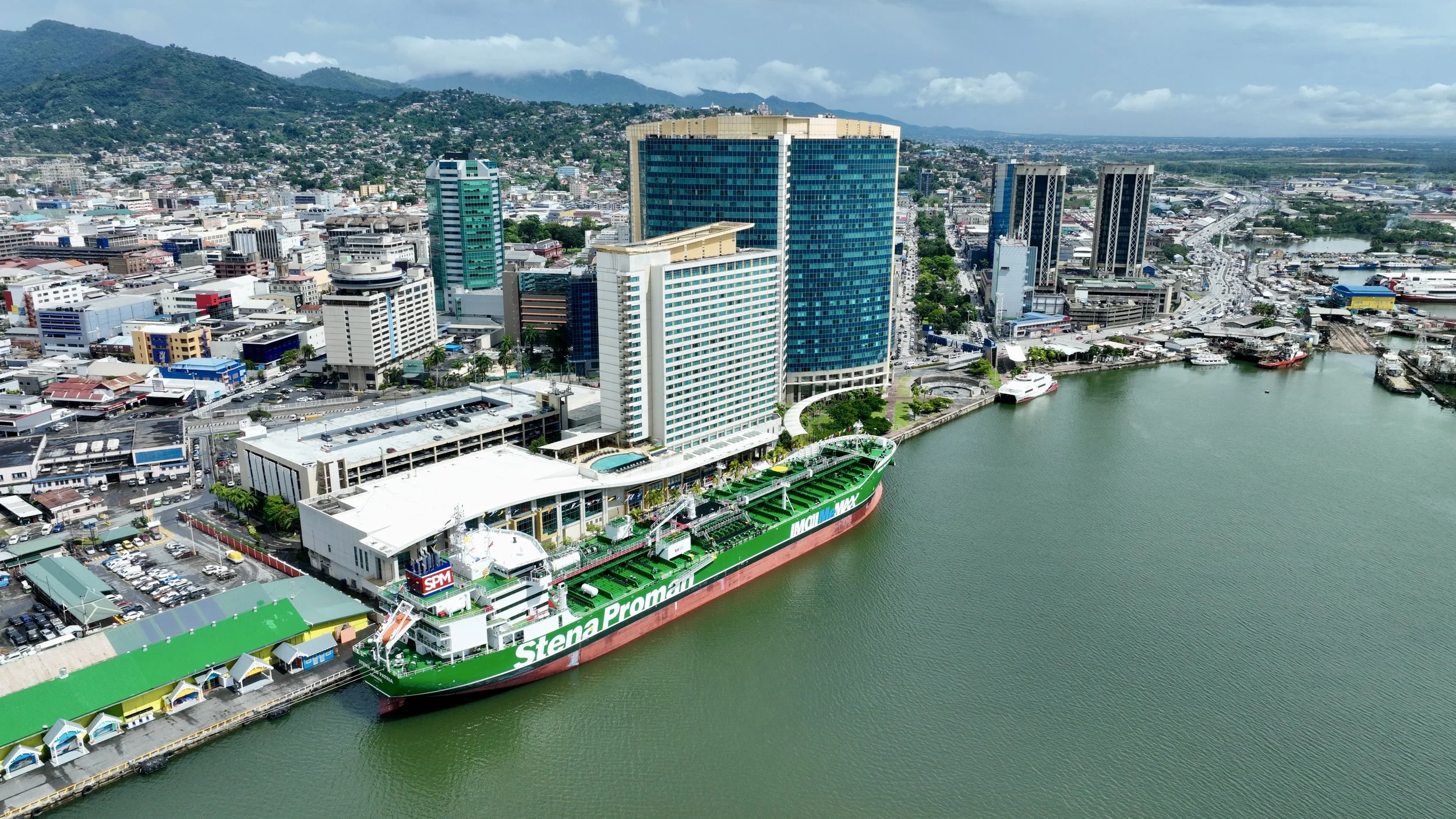At the opening ceremony of the Caribbean Sustainable Energy Conference 2023, Hon. Stuart Young, Minister of Energy and Energy Industries during his keynote address, focused on “reality” and the need to focus on energy security. He said that this needed to be the leading platform and pillar of our way forward.
Young acknowledged the need to decarbonise and reduce methane emissions, but wanted to make it clear that the region only accounts for a small percentage of emissions in the world. He said the three largest emitters in the world accounted for 45% of emissions, while the entire Caribbean and Latin America for less than 3%.
He also said that the availability of solar panels was negatively impacted by the Russian invasion of Ukraine and new policies in the USA, and alluded to the fact that development of projects in Europe and the USA inevitably made it more difficult for the Caribbean to access solar panels and drove up the price of projects.
According to the Minister, the large-scale solar project in T&T saw cost escalations because European projects were accelerated due to the gas crisis, which was driven by the sanctions against Russia, effectively cutting off the gas supply to key markets in Europe. This caused European power producers to seek power from other sources. In some cases, coal plants were restarted to maintain power availability; coal being one of the highest emitters of CO2 which can be used to generate power. However, this decision was made to ensure energy security in Europe, despite the climate impact.
The Caribbean and Latin America also need energy security. CARICOM is desperate to reduce emissions and switch from heavy-emitting fuels like diesel and fuel oil, but financing projects is difficult, especially with the price escalation.
Trinidad and Tobago, however, has energy security because of its natural resources. Young made it clear that the country would continue to use its natural resources while going after lower carbon developments. T&T was in a very good place, he said, because it had the infrastructure to move through the energy transition, and government was working with stakeholders to ensure that the transition occurs. The country will soon have a large-scale renewable energy project, which will generate 10% of the country’s electricity. He also pointed to the work being done on wind energy by the IDB and the EU.
Trinidad and Tobago was looking at carbon capture, utilisation and sequestration, he said, pointing out opportunities to capture CO2 from the Pt. Lisas estate, adding that the infrastructure already existed to begin work in this area.
He also announced that government will be moving ahead with the green hydrogen project and indicated that cabinet had already taken the decision to invest in the project. He informed the audience that the private sector would soon be invited to invest in the project.
While he noted that the country was moving in the right direction, he suggested that we needed to move faster.

